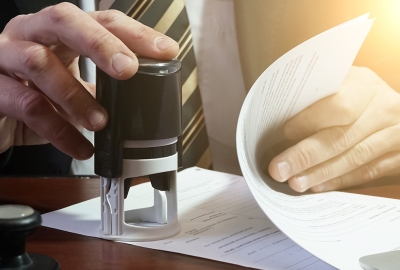Smart Estate Planning for your Pet
You probably have more photos on your phone of your puppy than your relatives. So why haven’t you planned for who is going to take care of Rover if something happens to you?
Most clients are not aware of MGL c. 203E sec. 408 which is the governing law on setting up a trust for the care of an animal in Massachusetts. While the trust is commonly referred to as a “pet trust,” this is an estate planning tool for other animals as well, such as horses and farm animals. It is quite straightforward and simple to add to your estate plan.
Here are the questions you need to answer:
- How long do you anticipate your pet will live? Based on this information, you can calculate an estimate of expenses so that you can determine the funding amount necessary to care for your pet in the event you pass or are incapacitated.
- Who would be able to take care of your pet? You need to name a “caregiver” in the trust to fill your shoes.
- Who would be able to manage the funds in trust? Though you can name the same person as “caregiver” and “trustee,” it defeats the purpose of the trust to name the same person. This way, there is a failsafe in the event the caregiver is NOT expending the funds for the care of your pet, and instead is using them for other purposes.
- How will you fund the trust? You can fund currently by setting up a bank account in the name of the trust, but you can also allocate funds in your will (and under your power of attorney in the event you are incapacitated).
- Do you have a special adoption agency or humane society that you trust? In the event your caregiver (or successor caregiver) is unable to serve, you can name an entity as a failsafe to find a good home for your pet and have the residuary balance go to the charity.
There are, of course, typically provisions in animal care trusts as there are in “human” trusts to indemnify the trustee and protect your animal beneficiary. The trust can provide for you to be able to amend or revoke the trust, and should specify when the trust will terminate. The pet trust can specify your wishes for your pet’s care by including a “life care plan” for your pet, including instructions on routine care, veterinary care, nutritional care, life-prolonging medical care, whether your pet should live with other pets, and arrangements for burial or cremation. In sum, the pet trust gives you peace of mind in knowing that your pets will be well cared for in your absence.
Disclaimer: This summary is provided for educational and informational purposes only and is not legal advice. Any specific questions about these topics should be directed to attorney Danielle Justo.


